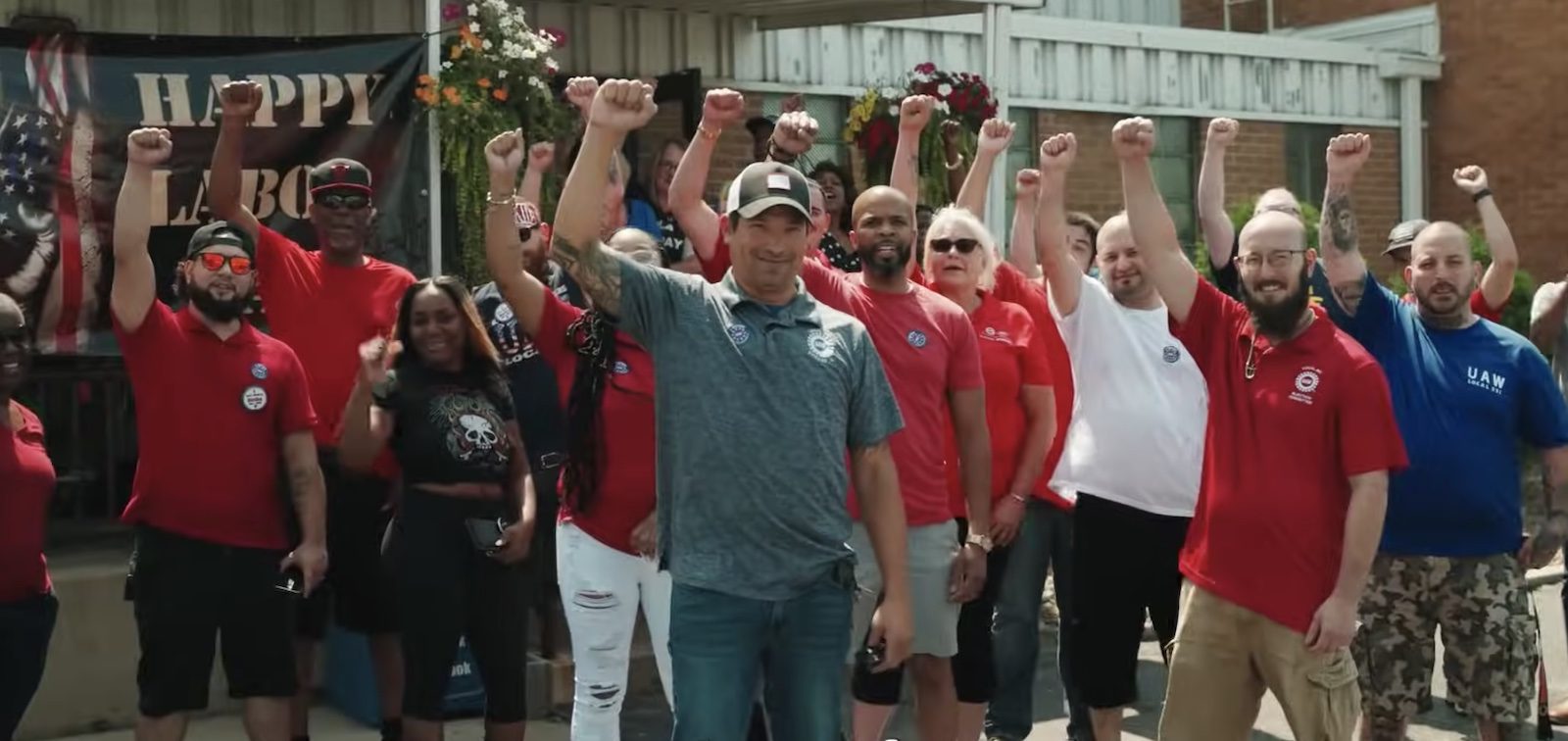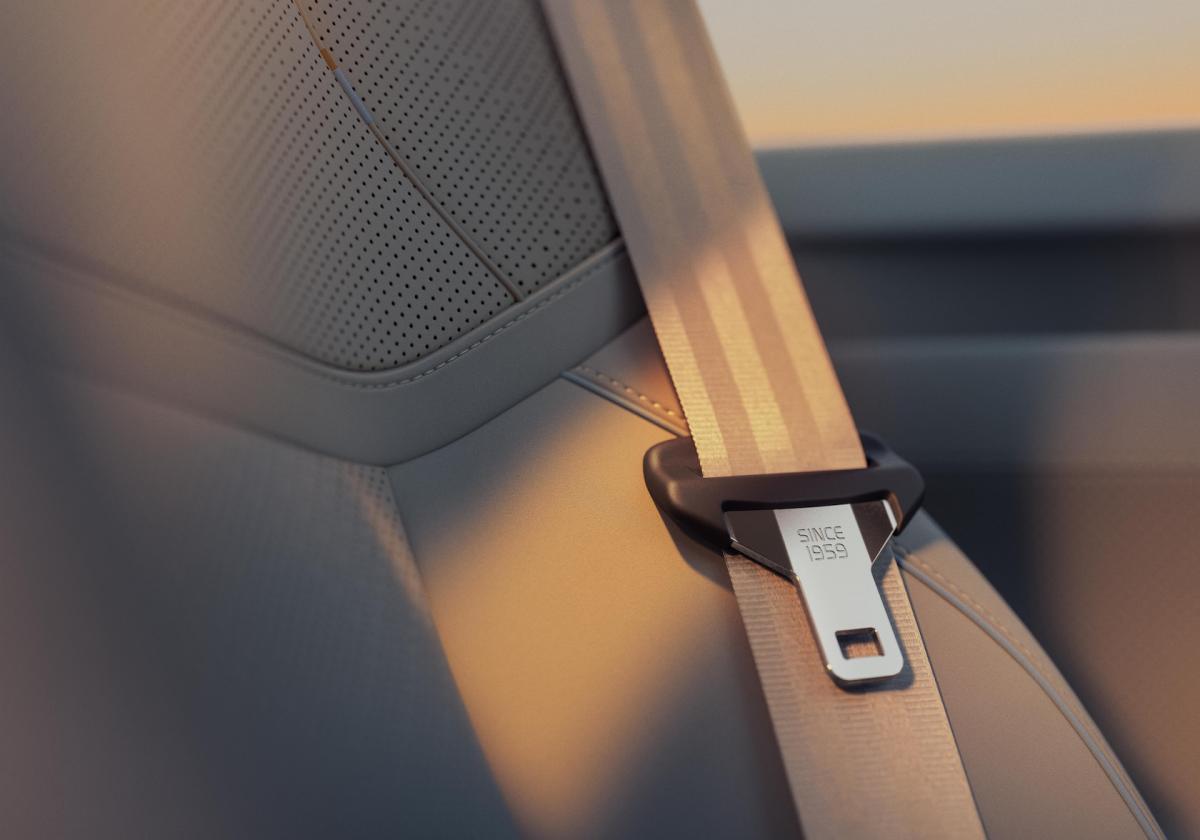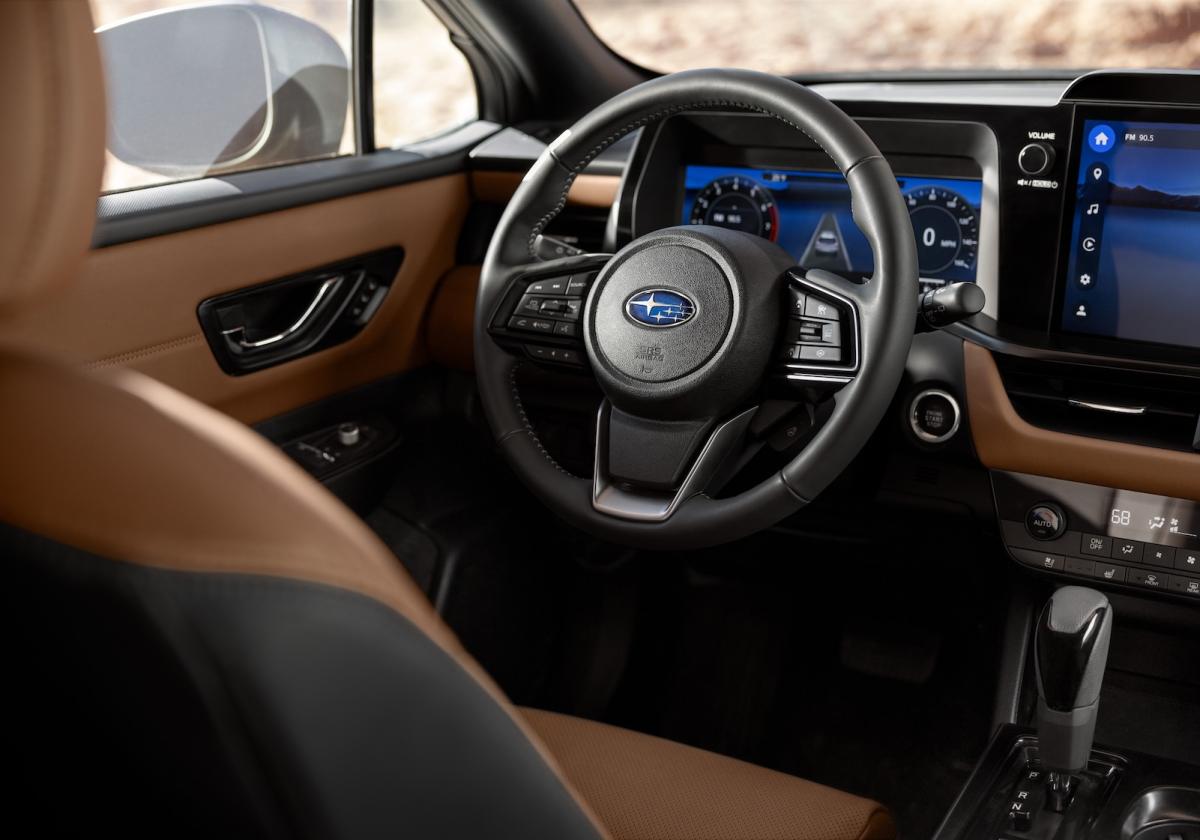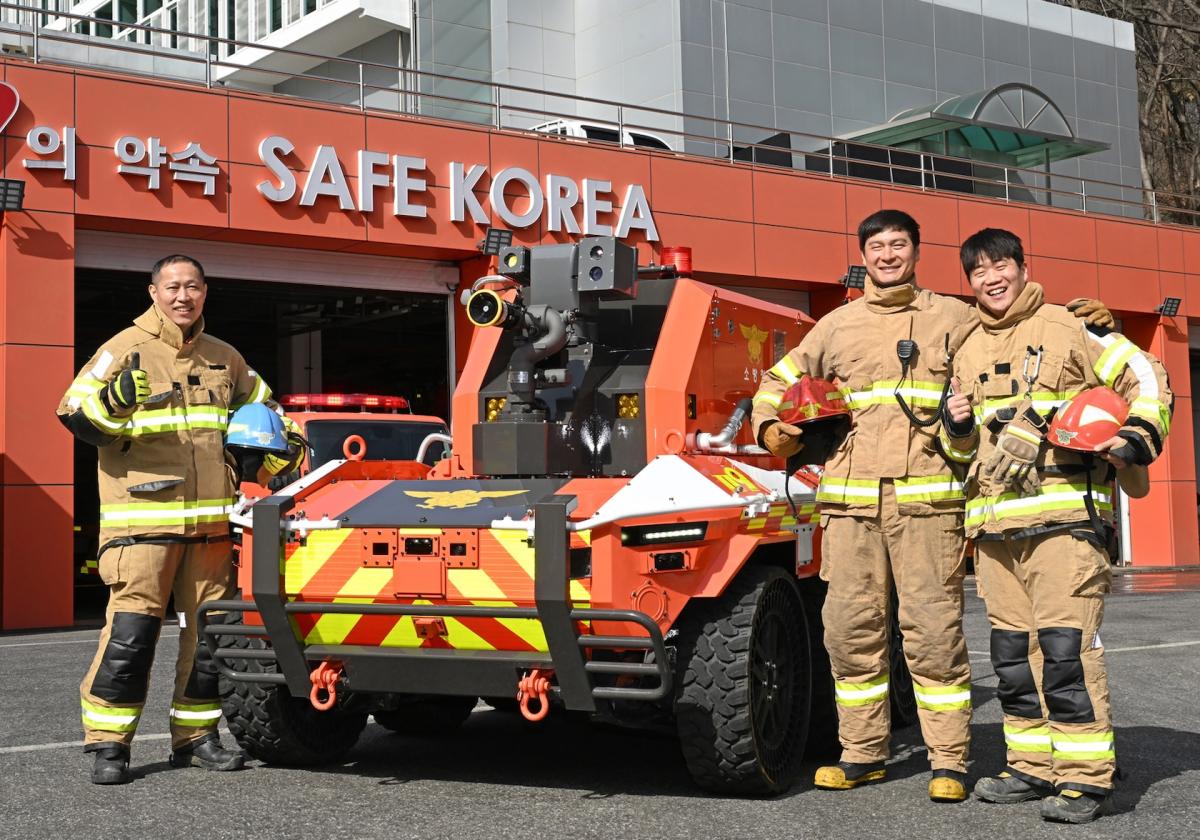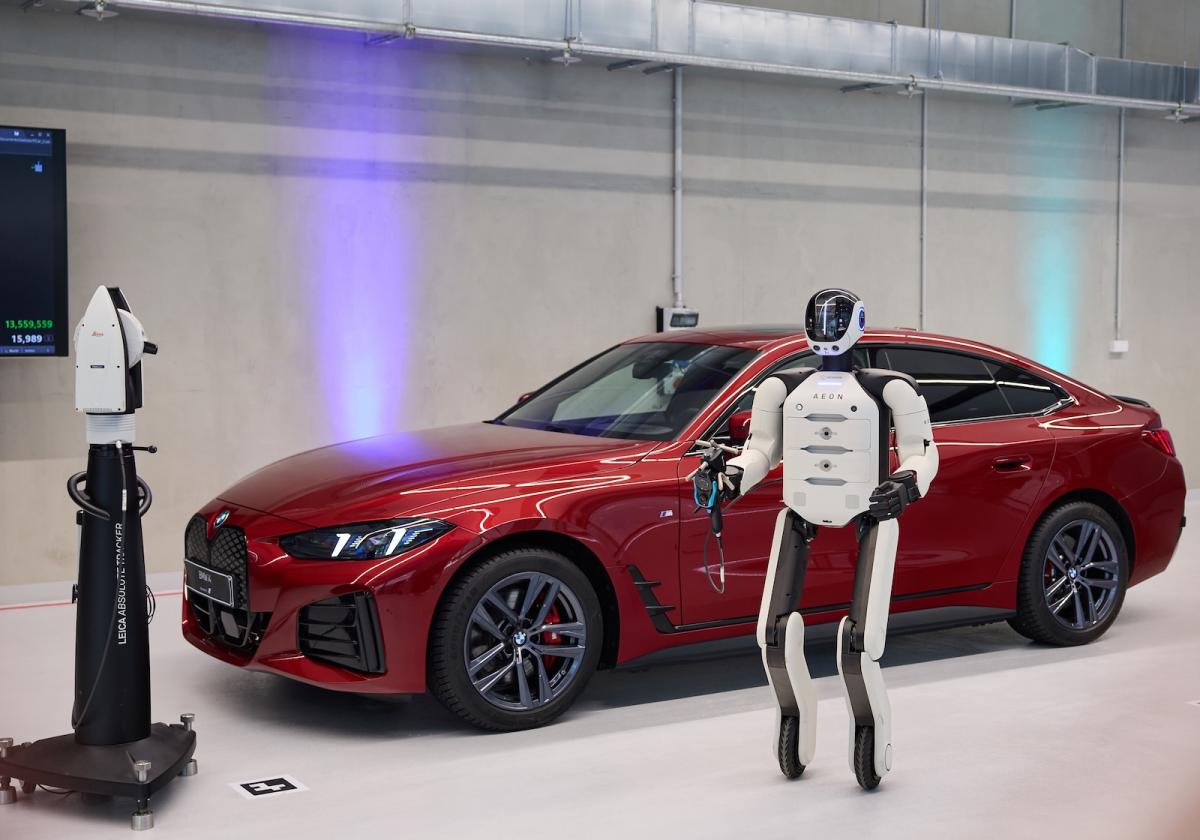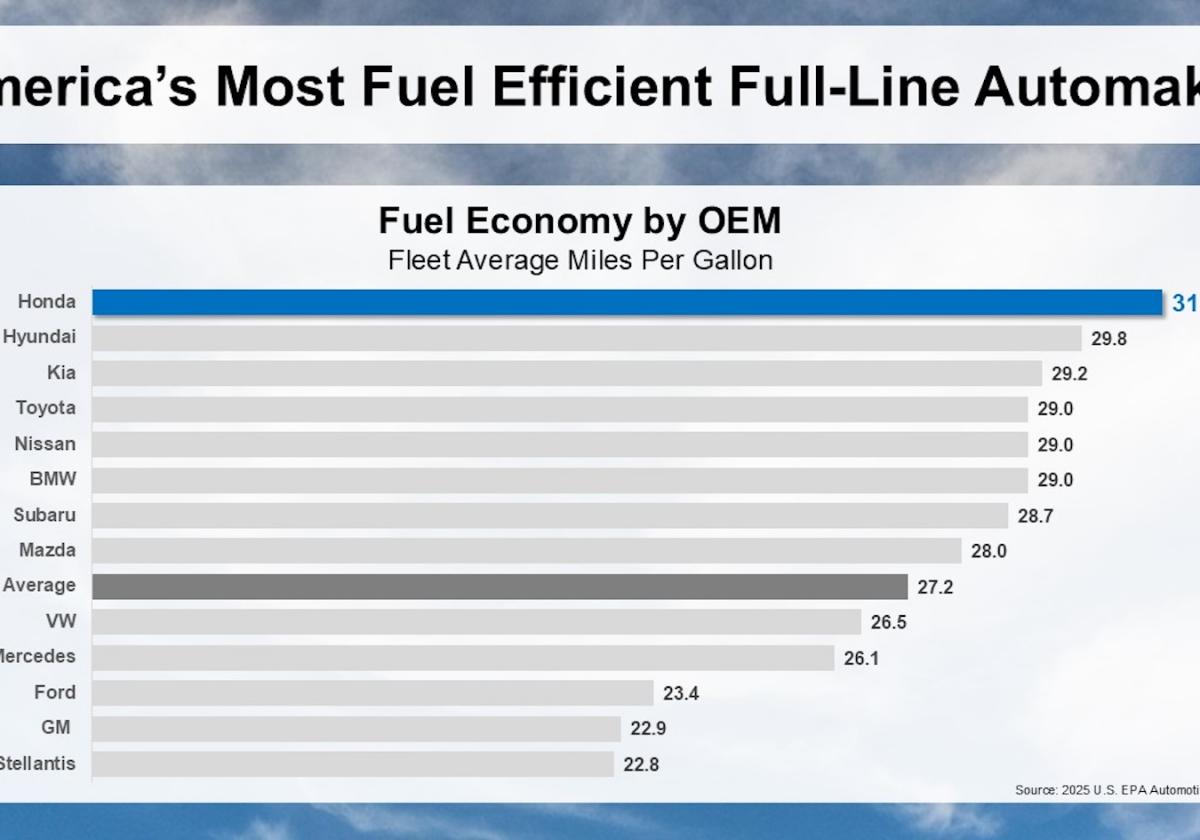The plea from Ford chairman William Clay Ford Jr. went out this week to urge striking workers to end their historic walkout stressing that the company’s future — and workers’ livelihoods — are on the line.
In his initial public comments since the strike, the great-grandson of company founder Henry Ford said the unprecedented UAW strike that began on September 15 has put the automaker at a crossroads.
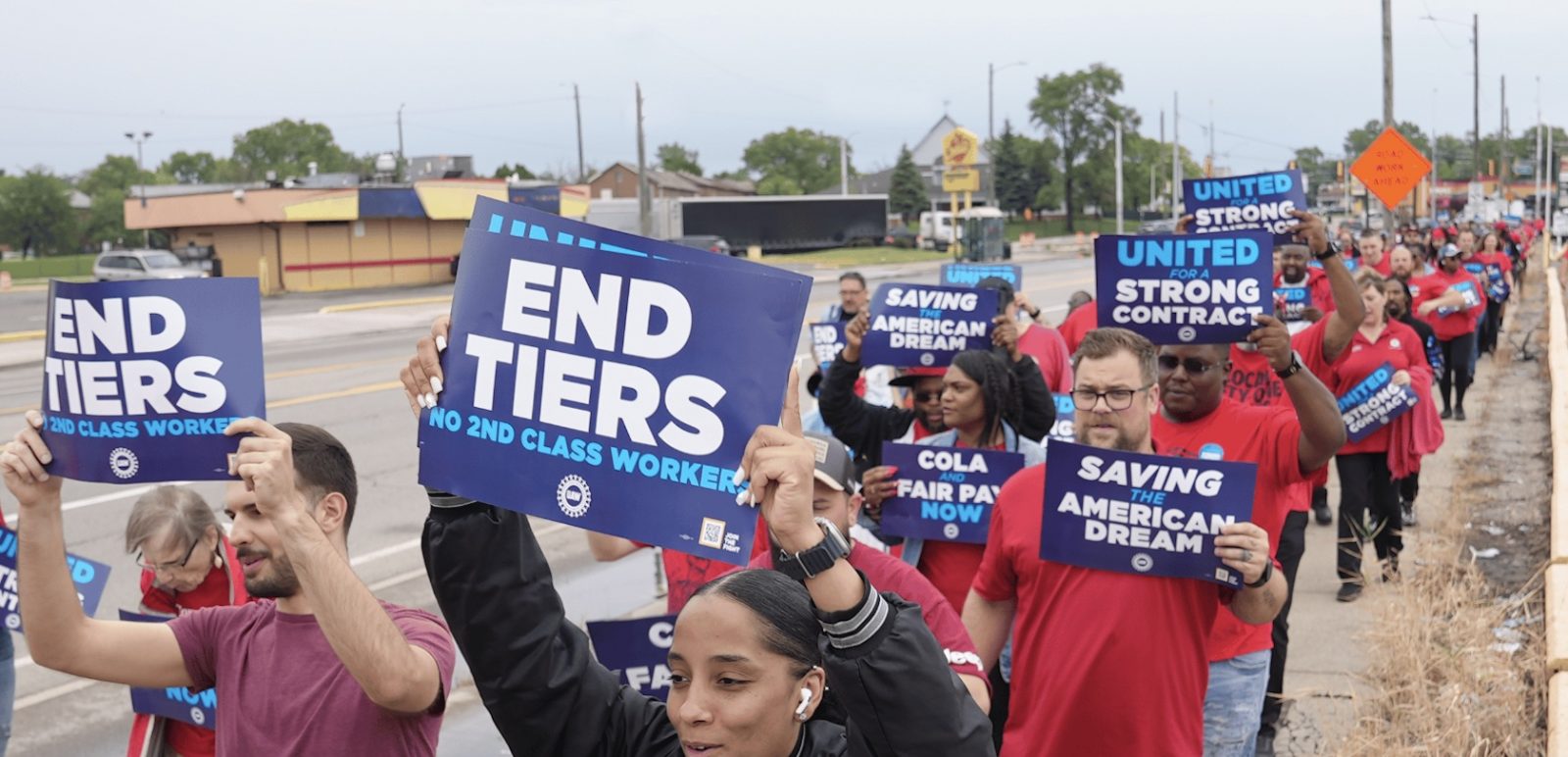
“Choosing the right path isn’t just about Ford’s future and our ability to compete. This is about the future of the American automobile industry,” he said.
Ford opened up to the media at the visitors center at the historic Rouge manufacturing complex, the site of one of the bloodiest labor battles in U.S. history.
The chairman’s appeal seemed directly aimed at UAW employees, bypassing their union leaders, whose confrontational strike strategy includes keeping automakers “wounded” for months and creating so-called operational chaos.
“The UAW leaders have called us the enemy in these negotiations. But I will never consider our employees as enemies,” said Bill Ford, 66, who said that he considers many union members to be close personal friends.
“This should not be Ford vs UAW. It should be Ford and the UAW vs Toyota, Honda, Tesla and all the Chinese companies that want to enter our home market,” he said.
“Toyota, Honda, Tesla and the others are loving this strike because they know the longer it goes on, the better it is for them,” he added. “They will win and all of us will lose.”
But UAW President Shawn Fain chooses to disagree. “It’s not the UAW and Ford against overseas automakers. It’s autoworkers everywhere against corporate greed,” Fain said in a statement.
“If Ford wants to be the all-American auto company, they can pay all-American wages and benefits. Workers at Tesla, Toyota, Honda, and others are not the enemy — they’re the UAW members of the future,” Fain said in a statement.
About 34,000 UAW members — 24% of members employed by Detroit automakers — have walked out at six assembly plants and 38 parts distribution facilities run by General Motors, Ford and Stellantis.
The strike has had a ripple effect across the industry, causing layoffs across the supplier network and even putting non-striking UAW members on furlough.
Automakers say they’re offering record contracts, including raises above 20%, benefit improvements, and increased job security. A Ford executive said last week the company had reached its limit.
OUR THOUGHTS
It’s not clear how or when the strike will end, but it appears that the two opposing sides need to try to find a more workable common ground on which to deliver the pay conditions demanded by workers while appeasing the carmakers at the same time.

